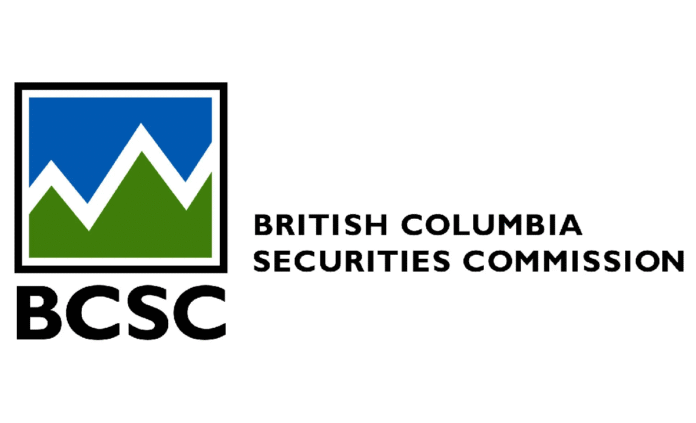June 19, 2025
RED FM News Desk
VANCOUVER, B.C. – A $6.8 million financial sanction imposed on a fraudster will not be extinguished even if he is discharged from bankruptcy, a B.C. Supreme Court judge has ruled. This decision marks a significant win for investor protection and sets a new precedent for how financial misconduct is treated in bankruptcy proceedings.
The BC Securities Commission (BCSC), which ordered Thomas Arthur Williams to pay the sanction in 2016, had sought to ensure the order remained enforceable regardless of his bankruptcy discharge. The judge’s decision was based on a landmark 2024 ruling by the Supreme Court of Canada in another BCSC case. That ruling established that a financial sanction known as disgorgement – which requires payment of money obtained or losses avoided through wrongdoing – should survive bankruptcy if the misconduct involved “false pretenses or fraudulent misrepresentation.”
The B.C. Supreme Court affirmed a “direct link between the disgorgement order debt and [Williams’s] deceitful misconduct.”
In 2016, a BCSC panel found that Williams, a former registered mutual fund representative, masterminded a Ponzi scheme that swindled approximately $11.7 million from 123 investors between February 2007 and April 2010. He was found to have committed fraud and violated securities laws related to prospectus and registration requirements.
Williams filed for bankruptcy in 2021 and has not paid any portion of the $6.8 million disgorgement order. He opposed the BCSC’s application to keep the disgorgement enforceable after bankruptcy discharge, but the court noted he “was unable to provide a reason for why the declaration should not be granted when given an opportunity to do so during the course of the hearing.”
Any funds collected from disgorgement can be returned to the victims of the misconduct.
This month’s B.C. Supreme Court ruling is the first to apply the Supreme Court of Canada’s legal test for determining whether a financial sanction survives bankruptcy discharge.
It’s important to note that the 2024 Supreme Court of Canada ruling also clarified that administrative penalties – designed to deter misconduct – are not enforceable after a bankruptcy discharge. This distinction, separate from disgorgement orders, was based on the court’s interpretation of the federal Bankruptcy and Insolvency Act (BIA). The court observed that while Parliament could have explicitly exempted financial sanctions from regulatory bodies from bankruptcy discharge in the BIA, it did not.
In response to that 2024 ruling, the BCSC has been actively engaging with federal officials to advocate for the inclusion of securities regulators’ financial sanctions on the BIA’s list of debts that survive bankruptcy.
In addition to the $6.8 million disgorgement order, the BCSC also imposed a $15 million administrative penalty against Williams, which he also has not paid. Williams sought to be discharged from bankruptcy in 2023, but that application was opposed by the BCSC and the court-appointed trustee, and has since been indefinitely adjourned.








